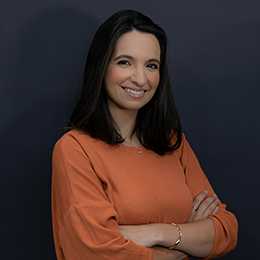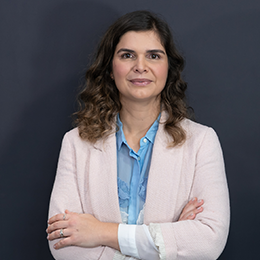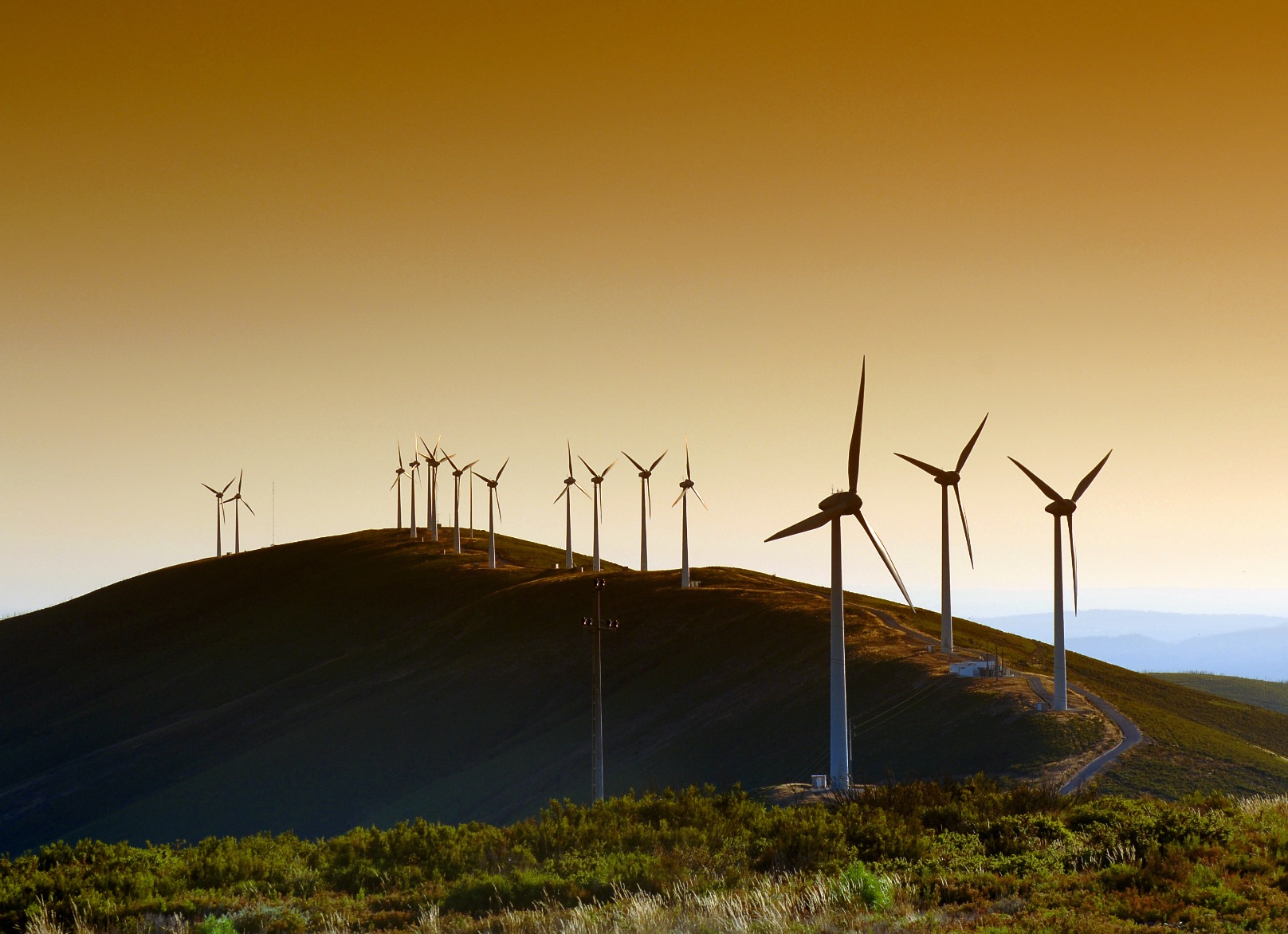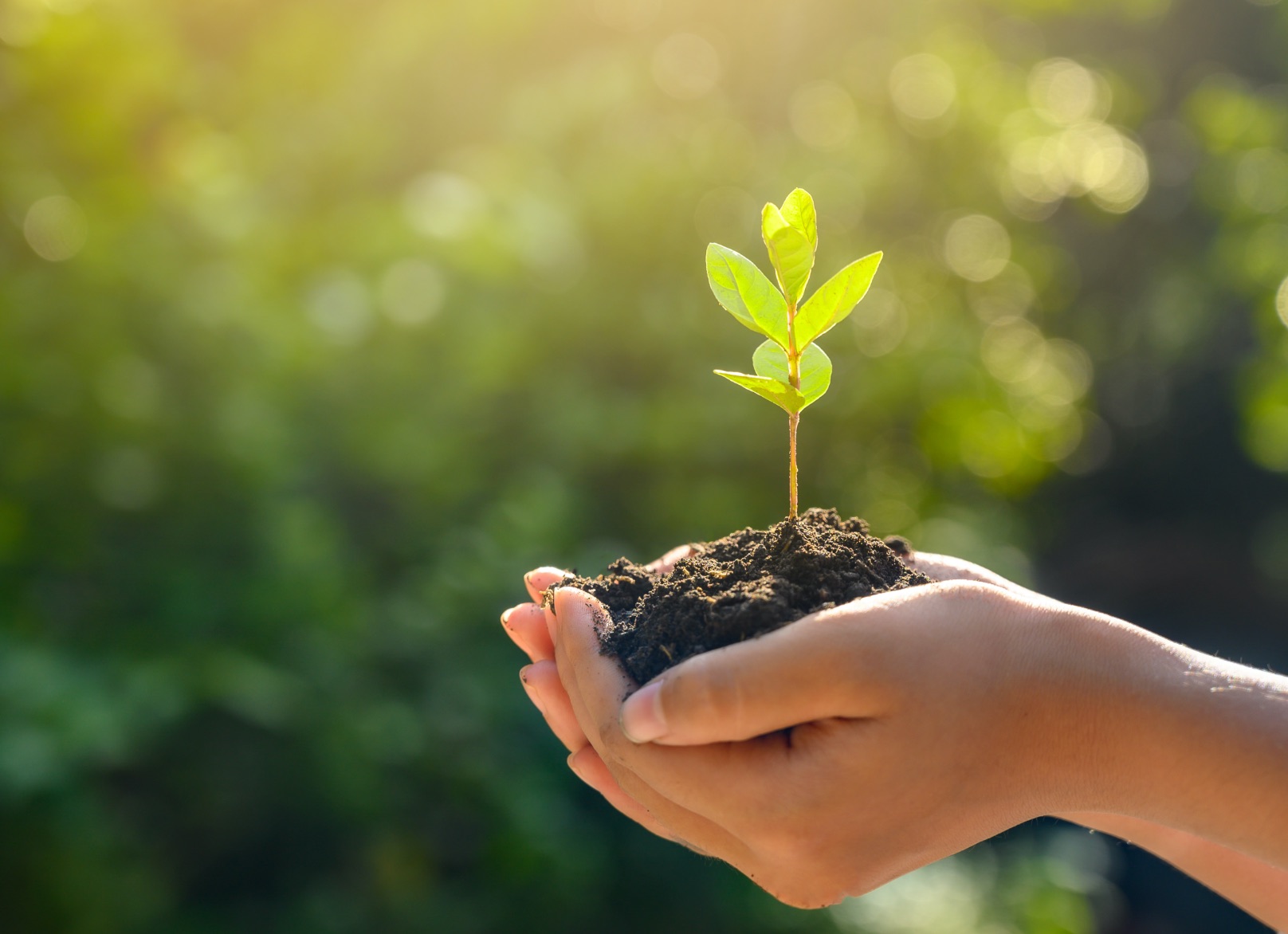We are consuming Earth's natural resources at an ever-increasing speed, equivalent to a planet and a half rate. According to the UN, more than 400 million tons of plastic are produced in the world every year and only 9% of the produced waste is recycled.
Curiosity
If we continue at the same rate of population growth and consumption habits, in 2050, 2.3 planets will be needed to meet the demands of production and consumption.
Now or Never
A podcast that discusses the present and seeks solutions for a more sustainable future

Catarina Barreiros
Graduated with a major in Architecture and with a master's degree in Management, she was a fashion stylist and worked in Digital Marketing, in a luxury product company, and in a pharmaceutical company. The documentary Cowspiracy and a conference on Zero Waste generated the first concerns with sustainability. She created the blog Do Zero and today seeks to live with the minimal ecological footprint possible.

Ana Júlia Pinto
Degree in Territory Engineering, in Instituto Superior Técnico, and PhD in Urbanism, in the University of Barcelona. A researcher at IST for 10 years, she has been working at EDP for 6 years, where she is now a project manager in the area of Climate and Environment, of the sustainability Directorate. She specialized in sustainable mobility and circular economy.

Paulo Ferrão
Graduated in Mechanical Engineering, in Instituto Superior Técnico, where he is now a full Professor. He was president of the Foundation for Science and Technology and director of the MIT-Portugal program. He has been President of IN + and, since 2019, President of COST, a European association that aims to promote and finance science and technology networks.
Generation Zero
A web series that highlights Portuguese families with inspirational sustainable practices
Maria and Kiko Vargas, Portuguese, crossed paths across the world, in Australia. It was there that they fell in love and it was there that, influenced by a way of being installed in the country of the kangaroos, they began to feel increased concerns about the world around them. For the yoga teacher and the carpenter, the path of sustainability began with ethical concern about what they ate, which led them to vegetarianism, but quickly widened to other areas, such as the need for a local and sustainable consumption, the reduction of food waste and the constant reuse and recycling. Come and meet this family and let yourself be inspired. There are many small gestures that make a difference. And these can be within everyone's reach. Do you accept the challenge?

